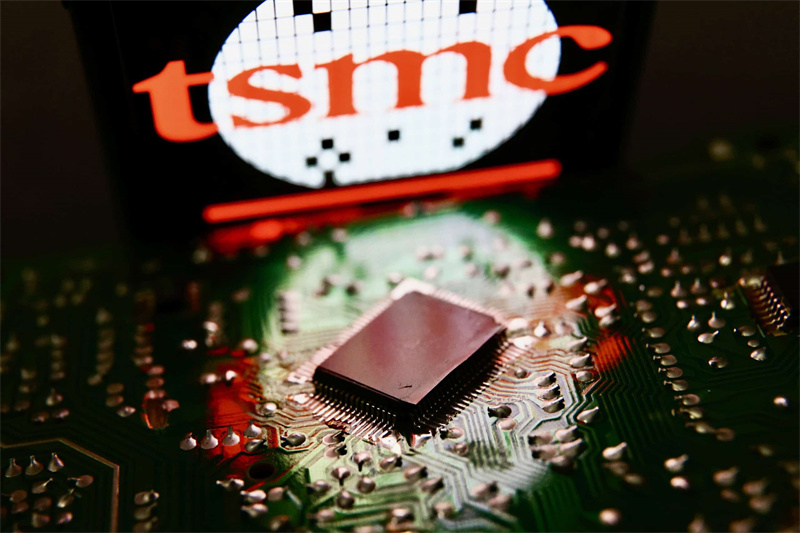Taiwan Semiconductor Manufacturing Company (TSMC) recently disclosed in its annual report that it cannot guarantee its chips won't end up in China, following the discovery that the company unknowingly produced a compute chiplet for blacklisted Huawei. The chip was ordered via a proxy, raising concerns about the company's ability to monitor its products' final destinations.
TSMC explained that its role in the semiconductor supply chain limits its visibility into how chips are used downstream. "Our ability to track the final use or user of our products is restricted, which makes it difficult to ensure that our chips won't be diverted to unintended markets," the company stated. This gap in monitoring could lead to situations where chips manufactured for other clients end up in products supplied to companies like Huawei, potentially violating U.S. export controls.
This admission follows a 2022 incident where TSMC produced a chip for a company named Sophgo, which was later found to be connected to Huawei's HiSilicon AI processors. As a result, TSMC now faces a potential $1 billion fine due to its involvement in supplying components that breached U.S. sanctions.

In addition to the compliance challenges, TSMC is also making significant strides in its advanced semiconductor technologies. According to reports, Intel has placed orders for TSMC's cutting-edge 2nm chips, marking a major development in the companies' ongoing collaboration. This follows Intel's previous shift to TSMC's 5nm and 3nm processes for key products like the Core Ultra processors.
TSMC's 2nm technology is progressing well, with the company confirming that key clients have completed their 2nm IP designs and begun the validation process. The 2nm node is expected to deliver significant gains in both performance and energy efficiency, a critical factor as the semiconductor industry increasingly focuses on power-efficient computing solutions.
Notably, the 2nm process has already attracted attention from major players like AMD. The company's Venice processors are set to become the first high-performance computing (HPC) products manufactured using TSMC's 2nm technology. This marks another milestone for TSMC, reinforcing its position at the forefront of the semiconductor manufacturing landscape.
While TSMC navigates these legal and technological challenges, its continued innovation in advanced process nodes remains crucial for maintaining its dominance in the global semiconductor market.
+86 191 9627 2716
+86 181 7379 0595
8:30 a.m. to 5:30 p.m., Monday to Friday
